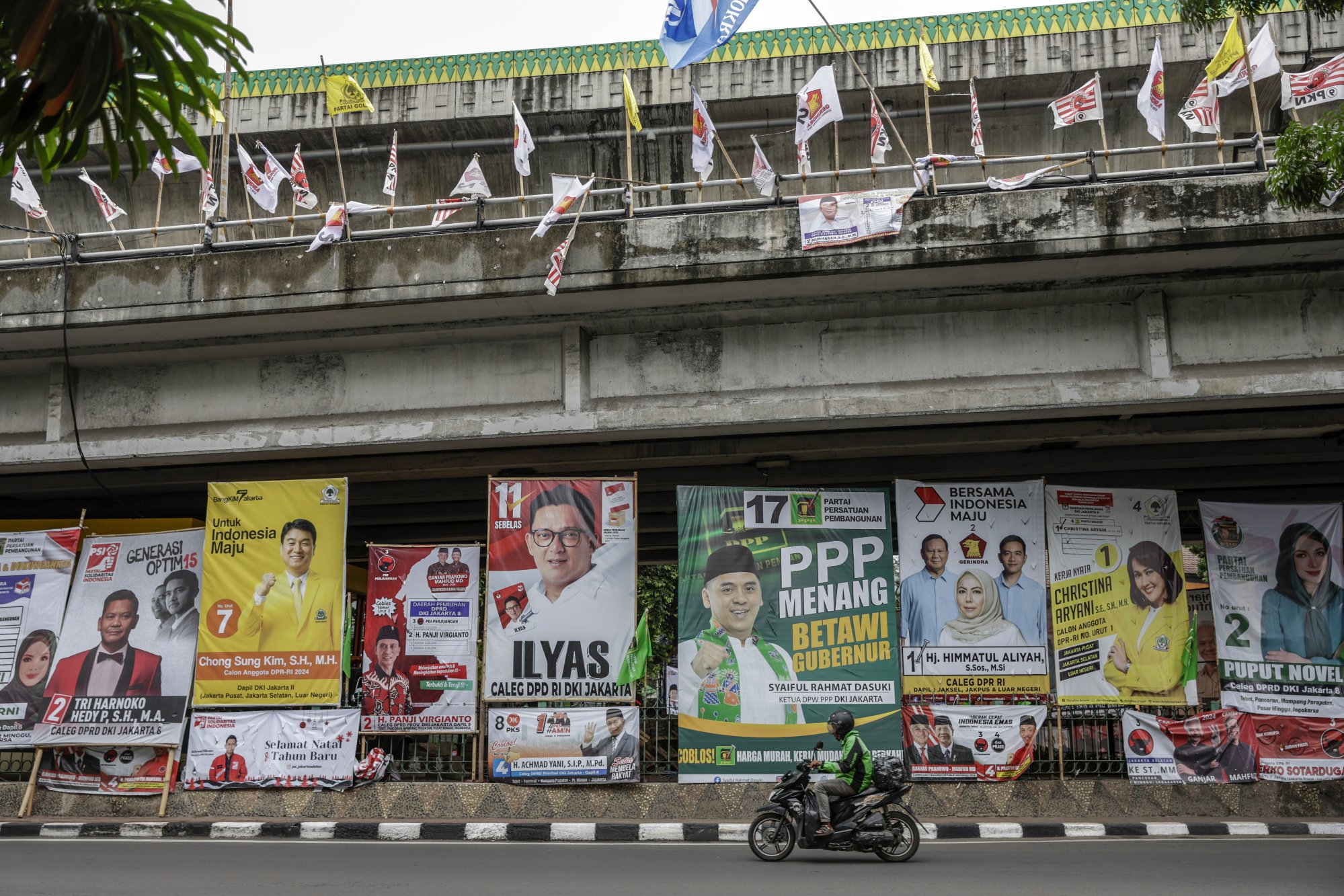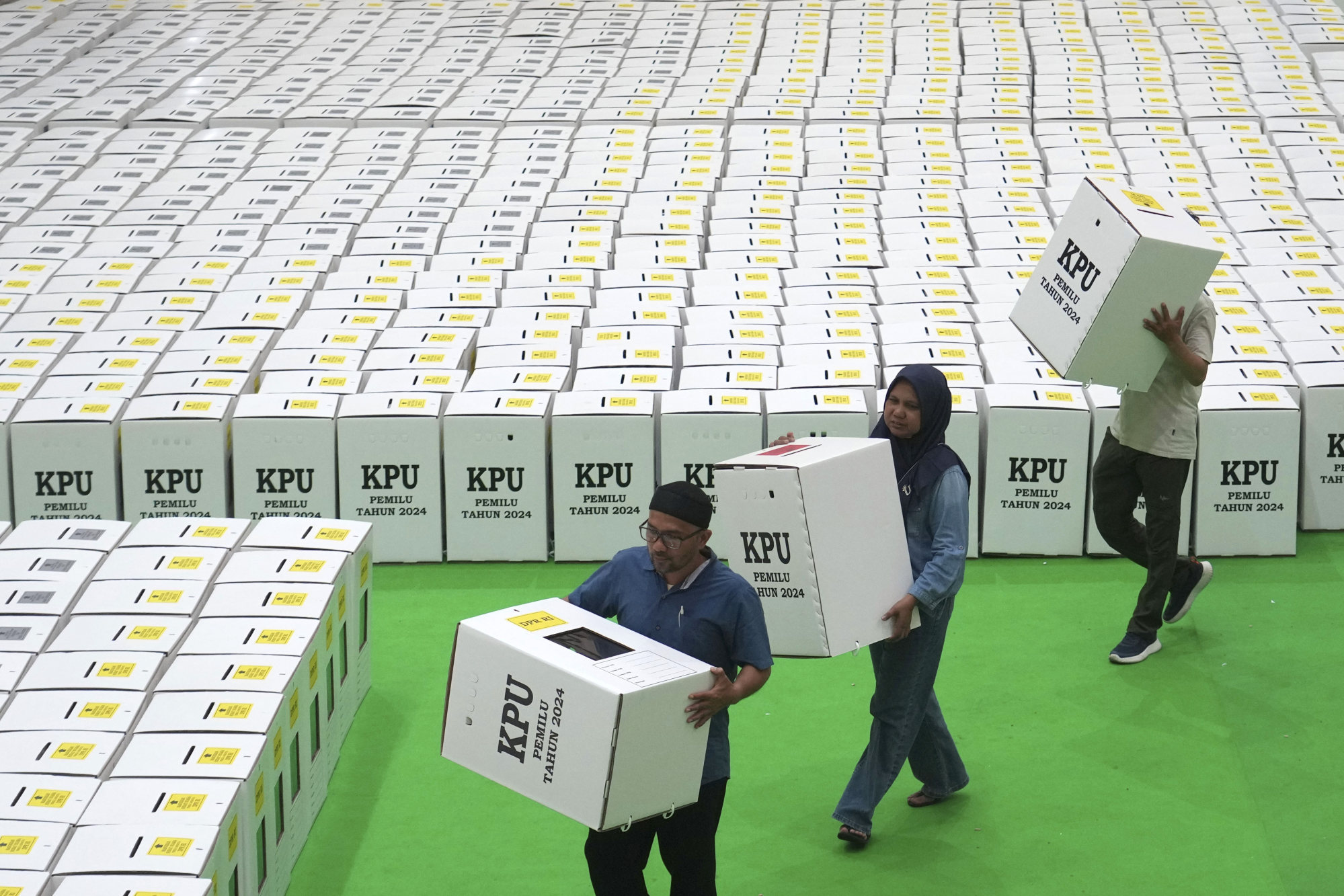Singapore’s Ministry of Home Affairs (MHA) released a statement on Thursday acknowledging allegations that the country was being “used as a platform” for Indonesia’s February election, but said it took a “clear and strong stand” against anyone using the city state to further political agendas overseas and warned that it could revoke the immigration status of those found to be doing so.
In its statement, the MHA did not provide details on the parties circulating these claims, but stressed authorities would “deal firmly” with anyone found using Singapore to further a political agenda overseas.
“The Singapore government takes a clear and strong stand against the importation of politics of other countries into Singapore. Persons visiting, working or living in Singapore should not use Singapore to conduct political campaigning or fundraising to further a political agenda overseas,” it stated.

The MHA’s statement comes weeks after Indonesia’s financial intelligence government agency announced it had uncovered suspicious million-dollar transactions related to the election on February 14.
The transactions, which involved 1 trillion rupiah (US$64.4 million), are linked to thousands of individuals with “various political affiliates”, Singapore broadcaster CNA reported last month.
Prabowo still ‘ideal’ choice for most Indonesian voters despite Gibran’s gaffes
Prabowo still ‘ideal’ choice for most Indonesian voters despite Gibran’s gaffes
More than 204 million Indonesians will head to the ballot box next month to pick the country’s next president, vice-president and other political officeholders.
The presidential candidates include Defence Minister Prabowo Subianto; Anies Baswedan, a former governor of Jakarta; and Ganjar Pranowo, a former governor of Central Java.
Political observers who spoke to This Week in Asia said the MHA’s statement was addressed to the sizeable number of Indonesians in Singapore and meant to reiterate its stance on foreign interference in domestic affairs.
There are around 250,000 Indonesian nationals in Singapore, who make up just over 4 per cent of the city state’s population, according to statistics on the Vice-President of Indonesia’s official website.
Indonesian citizens living in Singapore are allowed to vote in the 2024 election.

“The MHA’s statement is just to serve as a warning to the vast number of Indonesians who are residing in Singapore not to engage in their domestic politics on foreign soil – this being Singapore,” said independent political observer Felix Tan.
“There are many overseas Indonesians based in Singapore,” he said. “In addition, Singapore and Indonesian diplomatic ties have always been closely intertwined. Hence, Singapore is also viewed as a potential platform to garner substantial votes for the respective candidates.”
The statement also seeks to maintain Singapore’s image of being a neutral player that does not take any stance on the affairs of other states, he added.
Eugene Tan, a law professor from the Singapore Management University, said it was necessary to nip such allegations in the bud quickly, given Singapore’s close ties with Indonesia.
“There were allegations made by influential Indonesian personalities. It was therefore appropriate for MHA to state for the record Singapore’s position and to caution those seeking to use Singapore to interfere in the domestic politics of another country,” he said.
